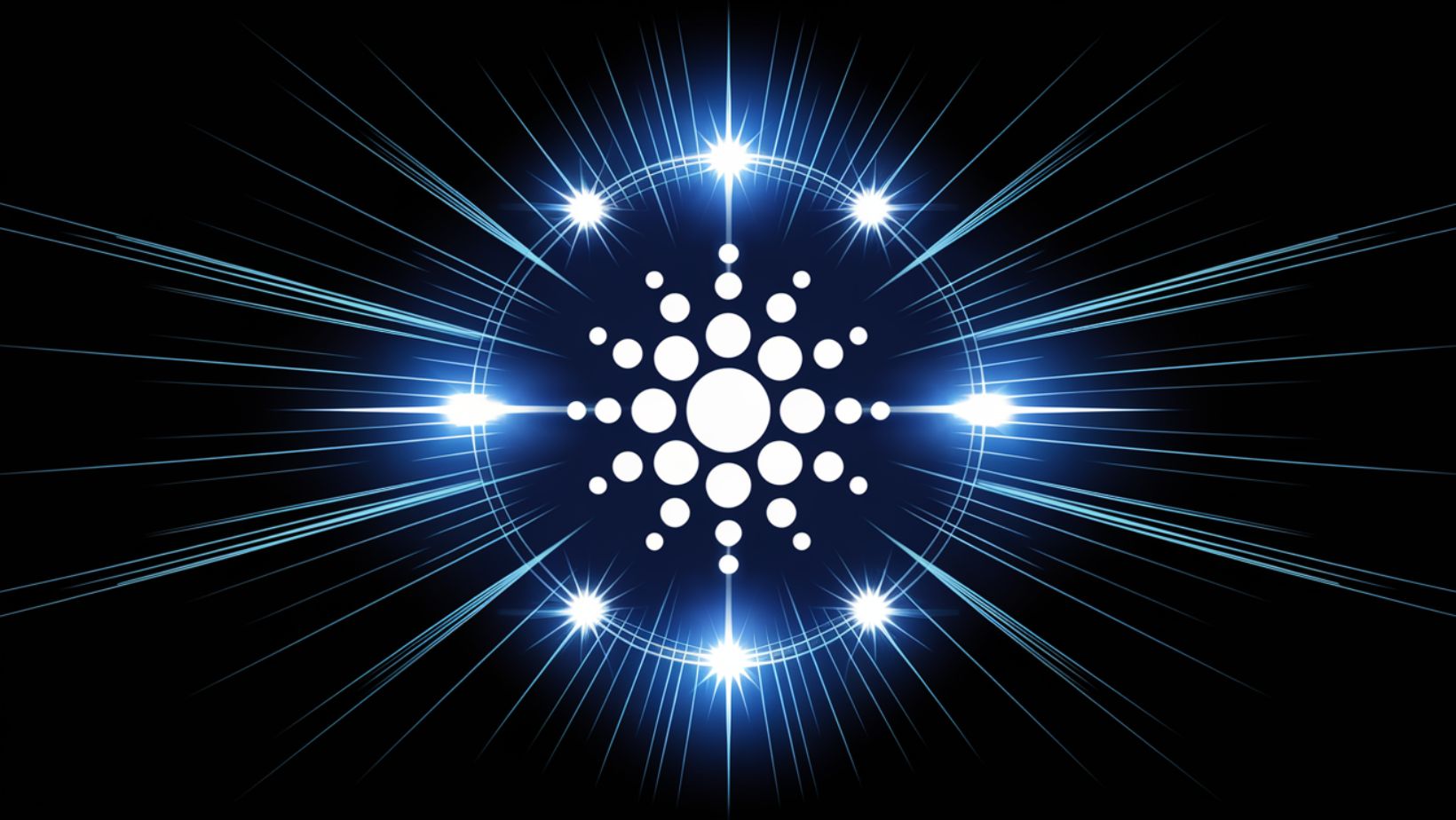In a groundbreaking move, Charles Hoskinson, the founder of Cardano, has proposed a Bill of Rights to guide the blockchain’s governance framework. This ambitious proposal aims to set standards not just for Cardano, but potentially for the entire blockchain industry.
Hoskinson unveiled the 11 fundamental tenets of this Bill of Rights in a live stream from Colorado on October 13th, 2024.
Cardano’s Bill of Rights: 11 Tenets to Shape Blockchain Governance
The proposed Bill of Rights outlines 11 core principles designed to address key challenges and concerns in the blockchain world:
- Freedom of censorship: Transactions should process as intended without slowdowns or censorship
- Predictable transaction costs: Fees should be reasonable and predictable for users to plan
- Fair recognition and compensation: All contributions should be recognized and fairly rewarded
- Data and value portability: Users should control their own data and assets
- Resource efficiency: The system should avoid wasting resources unnecessarily
- Value and information preservation: User assets and information should be kept safe and secure
- Optimized resource use: The system should run smoothly without wasting computational power
- Inclusive governance: The system should evolve based on the collective will of its users
- User privacy: User actions and data should remain private unless they choose to share
- Compliance with local laws: Users should be able to engage without breaking local regulations
- Transparency and accountability: The system’s operations should be clear and verifiable
Hoskinson explained in detail how each of these tenets would benefit not only Cardano, but set standards for the blockchain industry as a whole. “You have to have decentralized governance before you can go down the road because only through decentralized governance can you decide for everyone everywhere,” he emphasized. “That’s the point of Voltaire.”
Community Reaction: Excitement and Caution
The Cardano community is abuzz with reactions to Hoskinson’s proposal. On social media platforms like X (formerly Twitter) and Reddit, many expressed excitement about the proactive steps being taken towards decentralized governance.
“This is why I believe in Cardano,” one Reddit user commented. “Setting the standard for blockchain governance.”
However, some community members are more cautious, raising questions about how the 11 principles will be implemented in practice. Enforceability and aligning with global legal standards are potential challenges being discussed.
Next Steps: Formalizing the Bill of Rights
The next major step is to formalize these governance principles through Cardano’s decentralized governance process. An important upcoming event is the Constitutional Convention scheduled for December in Buenos Aires, Argentina.
Delegates from an estimated 50 countries are expected to come together to finalize and approve the constitutional text based on the 11 tenets Hoskinson laid out. It will be a global, collective effort to shape the future trajectory of Cardano.
The Cardano community’s engagement with this Bill of Rights proposal has been substantial, with over 50 seminars held, 63 delegates elected, and 1,400 people participating so far. This demonstrates the community-driven nature of the initiative to establish a clear governance framework.
While tailored for Cardano, Hoskinson stressed that these principles are intended to be universal and could potentially be applied across other blockchain platforms facing similar governance challenges. The Bill of Rights aims to protect users, keep the network sustainable and fair, and set a new standard for the industry.
